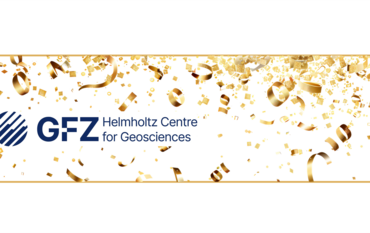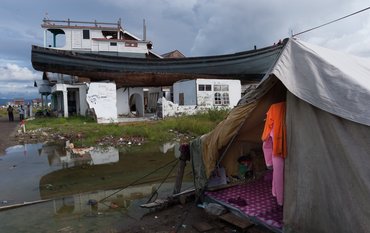Hydrogen storage, geothermal energy and the vitality of trees: these are just three of eight topics that the GFZ German Research Centre for Geosciences is funding internally this year. As part of an ideas competition, five technology transfer projects and three knowledge transfer projects have been selected for funding. As in previous years, the five innovation projects will be financed from the GFZ Innovation Fund set up in 2017.
For the first time: Three knowledge transfer projects also funded
The three additionally selected knowledge transfer projects address societal challenges and are financed from GFZ license income, among other sources. They aim to strengthen the exchange with bespoke target groups in society. One project is concerned with the development of a knowledge platform on the vitality of trees and focuses specifically on schools and government agencies as target groups. The second is about the visualization of global 3D geodata for non-academic target groups and the third is about a podcast on the topic of the “heating transition” in Brandenburg. This project is being carried out and financed within the Research Institute for Sustainability (RIFS).
Five innovation projects from the GFZ
The jury selected the following five innovation projects with the aim of technologically advancing devices, data platforms and processes for funding from 2024 onwards
NABUCCO 4H2
With the goal of achieving climate neutrality in Germany by 2045, the possibilities of transporting and storing hydrogen are becoming increasingly important. One method for the safe storage and transportation of H2 is the formation of hydrogen hydrates. The construction and testing of an experimental apparatus for the production of hydrogen hydrates is a central part of the project.
MicroBioMonitoring for geothermal energy
Microorganisms can have a decisive influence on the operation of geothermal plants. In particular, if the conditions for microorganisms improve as a result of nutrient supply or temperature changes, this can lead to corrosion on pumps and pipes and precipitation in the reservoir. This project is developing forecasting tools and early warning indicators that indicate a possible loss of efficiency at an early stage or enable appropriate countermeasures to be taken.
FLY - Development of a drone gas flow measurement system
When monitoring volcanoes, ground-based methods are no longer optimally feasible with the onset of new eruptive activity. As part of the FLY project, a drone is being developed which, in combination with an accumulation chamber and an integrated measuring system, enables ground-based measurements even in areas that are difficult to access and/or areas with a high safety risk, thus contributing to a significant improvement in data quality and quantity.
GeoRefX
Due to its cost-effectiveness, Global Navigation Satellite System Reflectometry (GNSS-R) is revolutionizing the earth observation industry. Until now, however, the focus has mainly been on sensor development, which has led to gaps in efficient data processing. GeoRefX aims to close this gap by providing an automated and optimized data processing platform that enables efficient extraction of geophysical data, accelerating the adoption of GNSS-R technology.
Validation of X-band precipitation measurements
Precipitation data in high spatial and temporal resolution are important input variables in agriculture in order to use water sustainably and in a way that conserves resources. The use of X-band radars allows precipitation to be recorded at a much higher spatial and temporal resolution than previously used C-band radars. In order to meet the great potential and needs in practice, the project will collect and validate comprehensive data using special software and additional sensors, also to increase the acceptance of such collected data for users.
The internally funded transfer and validation projects will be carried out until the beginning of 2025. Further information on the innovation projects can be found here and on the knowledge transfer projects here.

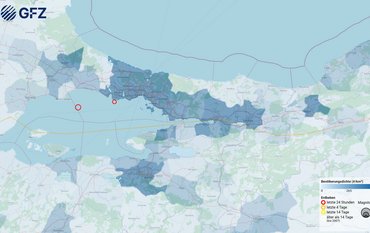
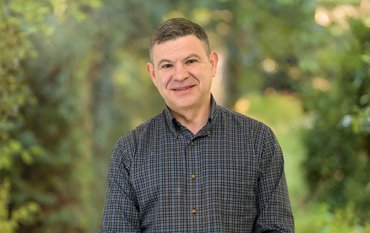




![[Translate to English:] Map Myanmar](/fileadmin/_processed_/b/4/csm_20250328-1300-Slider-01_EarthquakeExplorer-GFZ_da0a9ba102.jpeg)

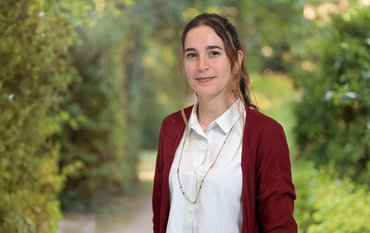
![[Translate to English:] A painted, open book from which various contents fly up, with the words “Open Science Day 2025” above it](/fileadmin/_processed_/e/e/csm_20250325_Open-Science-Say-2025_-c-pengzphoto-adobe_43fc9b32de.jpeg)
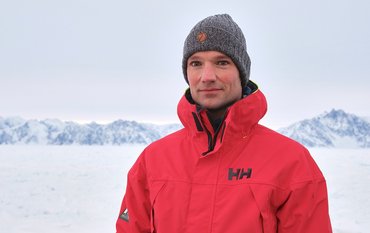
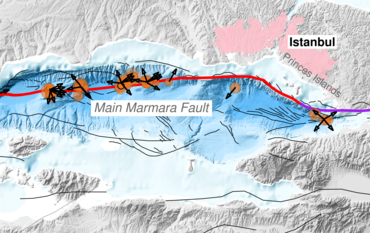

![[Translate to English:] Portrait von Philipp Weis](/fileadmin/_processed_/9/8/csm_Weis-Phillip_-c-Michael-Bahlo_d7f6b4f946.jpeg)


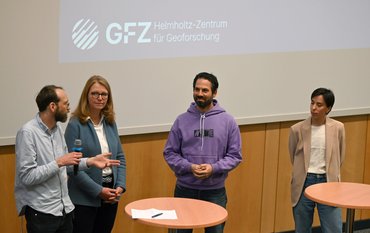
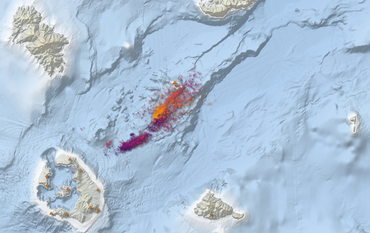
![[Translate to English:] Portrait Prof. Warner Marzocchi](/fileadmin/user_upload/Warner_Marzocchi.jpg)
![[Translate to English:] [Translate to English:] Portrait Johann Komusiewicz](/fileadmin/_processed_/0/4/csm_Johann_Komusiewicz_schwarzer_Rahmen_b9c0619756.png)


![[Translate to English:] Fire in a forest, smoke rising, aerial view from above](/fileadmin/_processed_/8/3/csm_2025_01_06_AdobeStock_415831729_5a0e6d50d3.jpeg)
